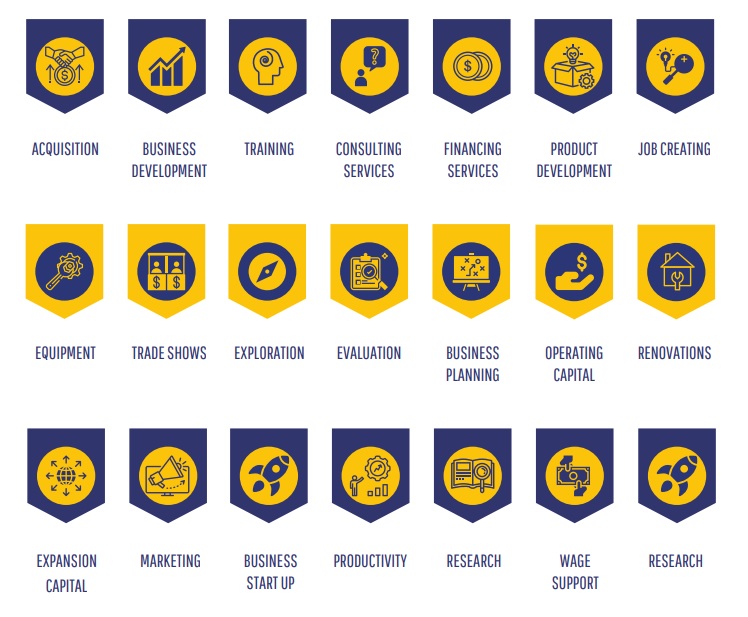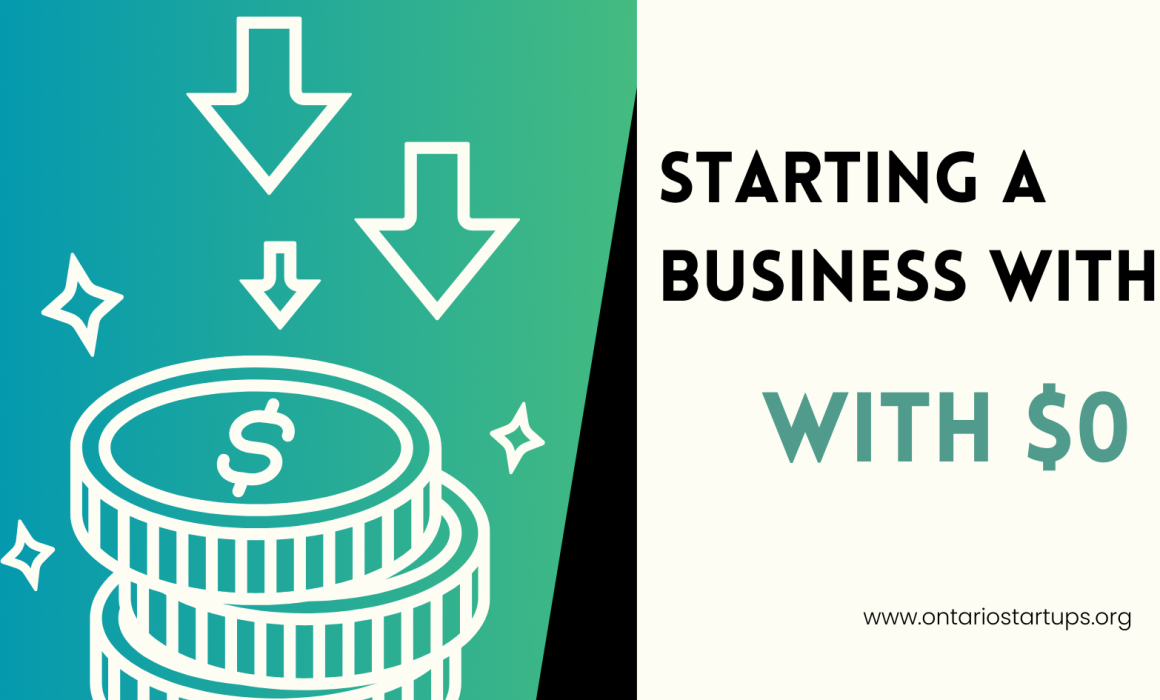Launching a business with no income may seem like a daunting challenge. However, government funding can often provide a lifeline for such budding enterprises. Let’s delve into a step-by-step guide on launching a business with no income by securing government funding, focusing on the vibrant startup ecosystem in Ontario.
Conceive a Robust Business Plan
The first step in securing government funding is crafting a comprehensive business plan. It serves as a crucial document that demonstrates your venture’s viability and future potential to funding bodies.
For instance, Elon Musk’s SpaceX and Tesla are classic examples of businesses that secured significant government funding by leveraging solid business plans. SpaceX received $440 million from NASA in 2012, while Tesla secured a $465 million loan from the Department of Energy in 2010. Both were aided by business plans that outlined their potential viability, understanding of the market, financial projections, and strategies for growth and social impact.
Understand the Importance of Business Plans for Funding
Government funding programs prioritize detailed business plans in their funding decisions. Programs like Ontario’s Business Scale-Up and Productivity Program or the Industrial Research Assistance Program value comprehensive plans that convincingly demonstrate the applicant’s understanding of the market, realistic financial projections, and strategies for growth and social impact.
A case in point is Jane Smith, a senior official at Ontario’s Business Scale-Up program, who emphasizes, “We look for strong business plans that demonstrate an entrepreneur’s commitment to their venture and their readiness to successfully utilize our funding.”
Leverage Expert Advice and Avoid Common Pitfalls
When crafting a business plan for government funding, it’s essential to be meticulous and avoid common pitfalls. Overestimating your market size or providing unrealistic financial projections can undermine your credibility.
For expert advice on crafting an effective business plan, consider leveraging resources like the Ontario Network of Entrepreneurs, which provides free business plan review services. Additionally, online platforms like Futurpreneur Canada offer templates and step-by-step guidance for writing a business plan.
Leverage Local Startup Support in Ontario
Ontario is a hotspot for startups, with numerous government programs and initiatives designed to support entrepreneurs on their journey. These include organizations like MaRS, one of the world’s largest urban innovation hubs, and the Ontario Centre of Innovation, which provides mentorship, funding, and networking opportunities. Leveraging these resources can help startups overcome the challenges of starting a business with no income.
Apply for Government Funding
Once your business plan is ready and refined, it’s time to apply for government funding. Research the various funding programs available, their application process, and eligibility criteria. Ensure your business plan aligns with the priorities of the funding body you’re applying to.
Don’t miss out on potential funding for your startup! Access our Funding Database and unlock over 1500 government grants, loans, and tax breaks in Ontario.
Launching a business with no income can be a challenging but feasible endeavor. A well-crafted business plan is often the key to securing government funding. By leveraging available resources, understanding funding priorities, avoiding common mistakes, and being open to feedback, entrepreneurs can successfully kickstart their ventures despite having no income. In particular, Ontario’s thriving startup ecosystem provides a wealth of resources and support, significantly aiding the entrepreneurial journey.









